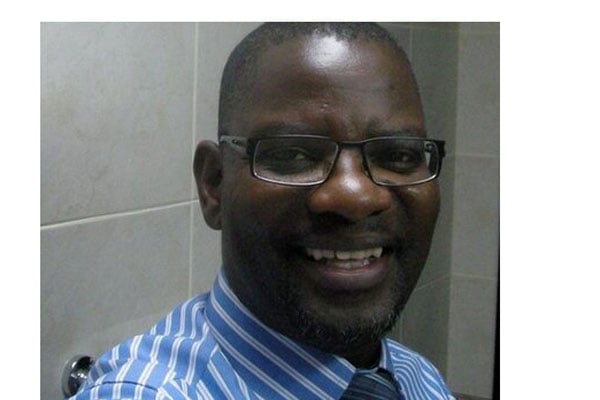Prime
When will Africans realise God never fixes problems?

Author, Musaazi Namiti. PHOTO/FILE
What you need to know:
- ‘‘For decades, Africa has been the most prayerful continent.”
On June 19, the leader of the National Unity Platform (NUP), Robert Kyagulanyi, posted a message on Facebook about his new song, Tujune, and asked where one has to “turn when prayers take rather too long to be answered”. Mr Kyagulanyi, who has been Uganda’s political sensation since he flung himself into politics in 2017, must be frustrated that the regime does not seem to be going anywhere, yet it continues to harass, oppress and persecute (even prosecute, illegally) those doing everything in their power to bring about change.
He has realised that some members of his party who are MPs are not even committed to the struggle to rid Uganda of rotten leadership — and are profiting from the very regime they criticise, taking scads of money it dishes out to buy support. Social media has been awash with stories of NUP MPs who took Shs40m each from government and have scoffed at Mr Kyagulanyi’s call to return the money.
Mr Kyagulanyi’s message on Facebook generated thousands of comments, as many of his posts usually do. One commenter named Judith Banduru said: “When prayers take too long to be answered, we thank God because we don’t know what surprise he has in store for us.”
She was speaking for millions of Ugandans and other Africans who genuinely believe that God fixes problems despite irrefutable evidence that he does not (and that is assuming he exists).
You can go back in time for centuries and you will never find any evidence of God fixing a single problem that man had/has failed to solve. I will cite many examples, but let me begin with Senegal, which Mr Kyagulanyi visited recently.
The NUP leader took and shared photos of an infamous site of slave trade, called the Door of No Return, in the West African country. This is where Africans began the crushingly dehumanising and cruel journey to slavery. Slave trade went on for hundreds of years with God’s knowledge and consent. He did not abolish it; people did. In fact, Christian slave holders used the Bible, a book millions of believers call the word of God, to justify slavery, according to TIME magazine.
To this day, descendants of Africans who were sold into slavery in the United States are still suffering. In states such as Mississippi, poverty there bears comparison with poverty in Africa. Mississippi, like Africa, is teeming with people who believe God fixes problems.
For decades, Africa has been the most prayerful continent and has the largest number of people that claim to speak to God by way of prayer. The people of Africa beseech God to help them on a daily basis, but their problems get even more serious.
The World Bank says half of the countries in sub-Saharan Africa have poverty rates higher than 35 per cent. The poorest of the poor in the world live in Africa: Nigeria (79 million), the Democratic Republic of Congo (60 million), Tanzania (28 million), Ethiopia (26 million) and Madagascar (20 million).
And you have to wonder: When will Africans realise that God never fixes problems? It is abundantly clear that getting rid of the rotten leadership we have is our responsibility. Even if we have incontrovertible evidence that God is real, he will never remove the regime from power.
The current leaders grabbed guns, stole some from Kabamba and launched an armed rebellion in which child soldiers did much of the fighting. God did not stop this nonsense. The leaders — and their spouses — address Ugandans and use God’s name!
Mr Namiti is a journalist and former Al Jazeera digital editor in charge of the Africa desk
[email protected] @kazbuk




